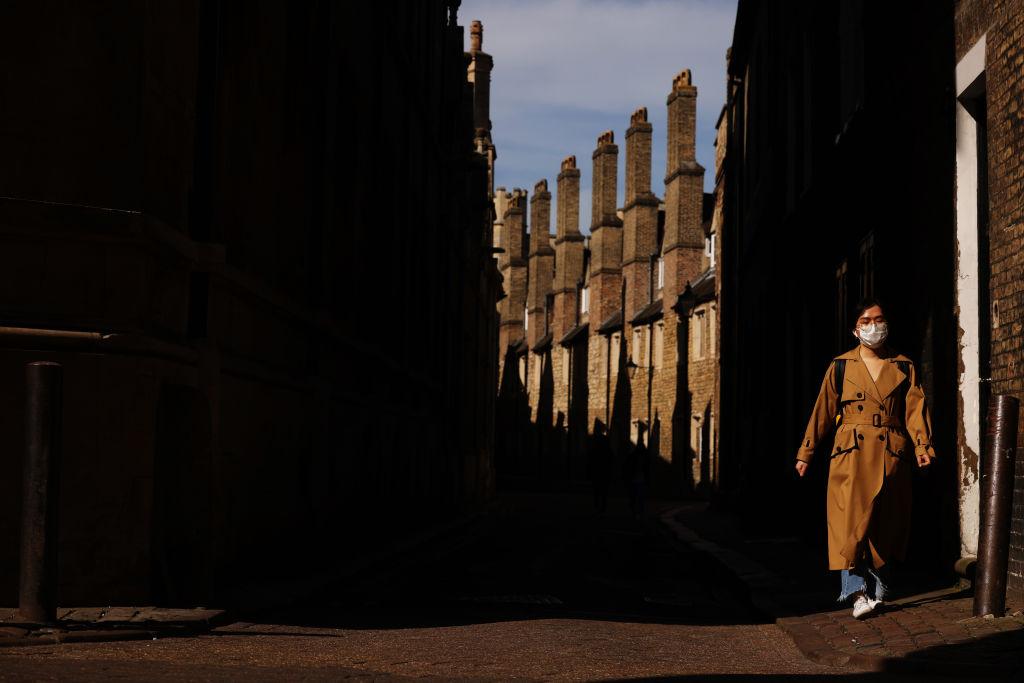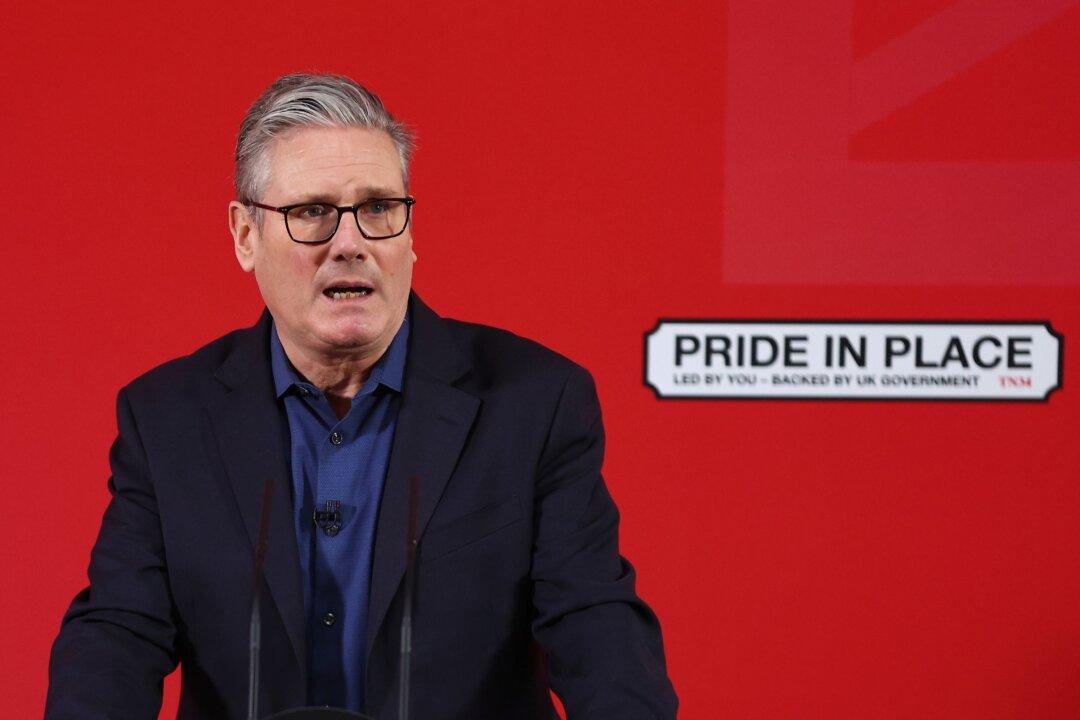A proposed £5 congestion charge on cars in Cambridge has been dropped amid a lack of political support.
On Thursday, a proposal for Cambridge’s Sustainable Travel Zone (STZ) that would have cut the number of car journeys within the town by 50 percent was dropped.




